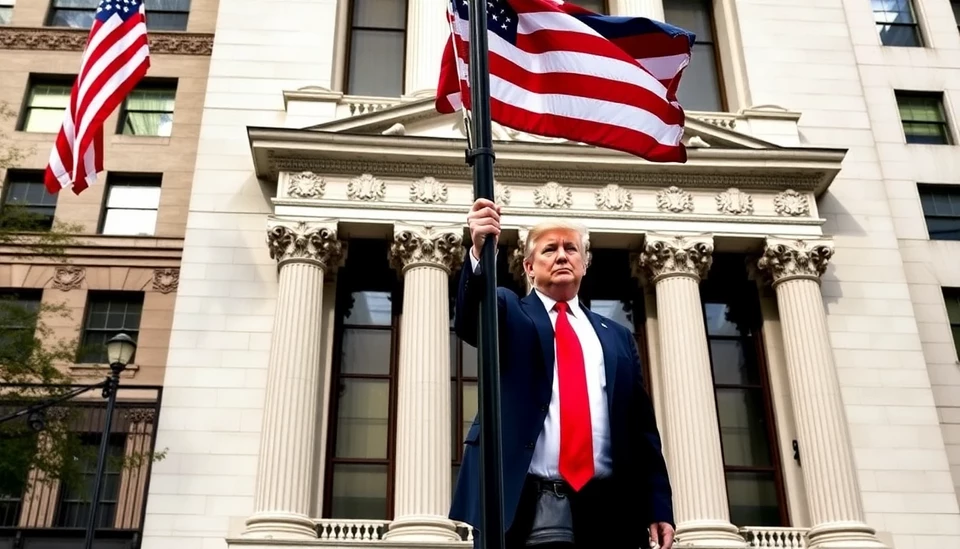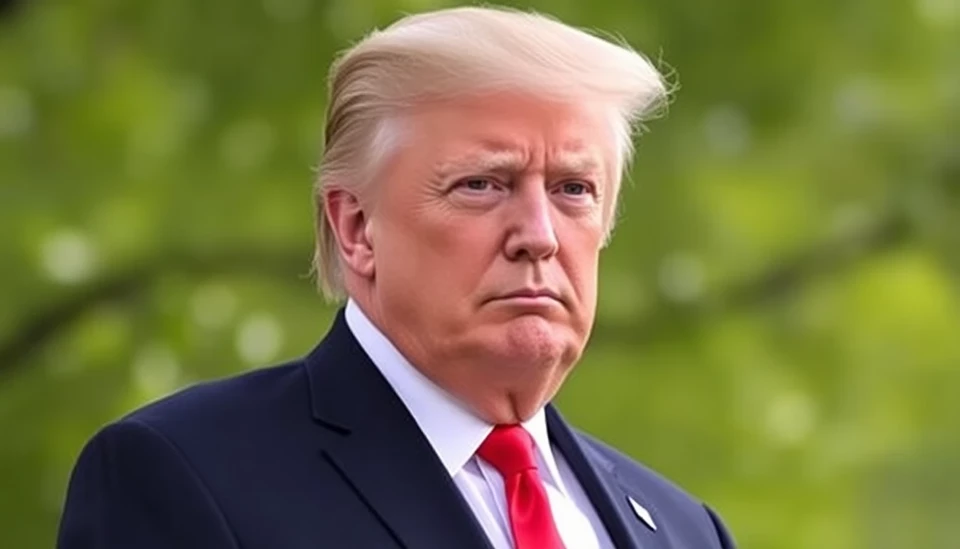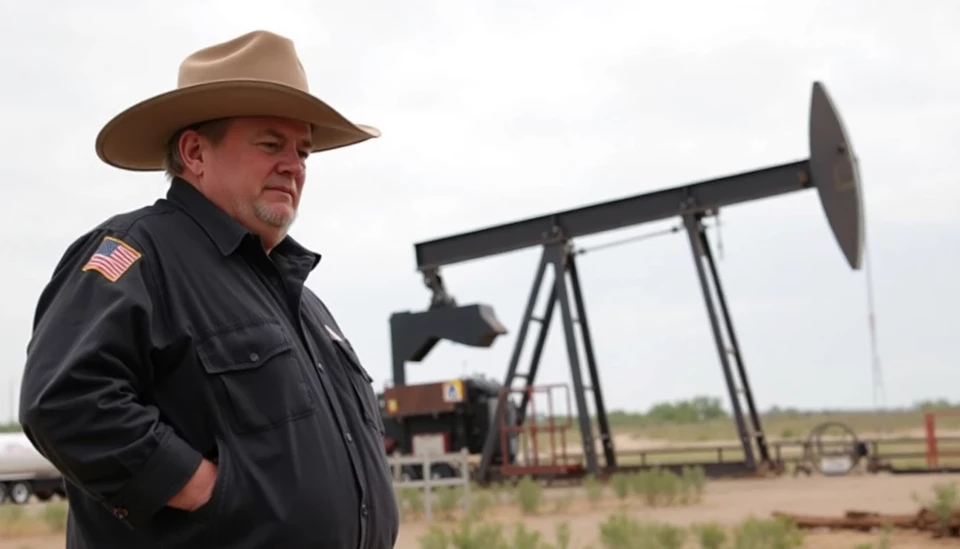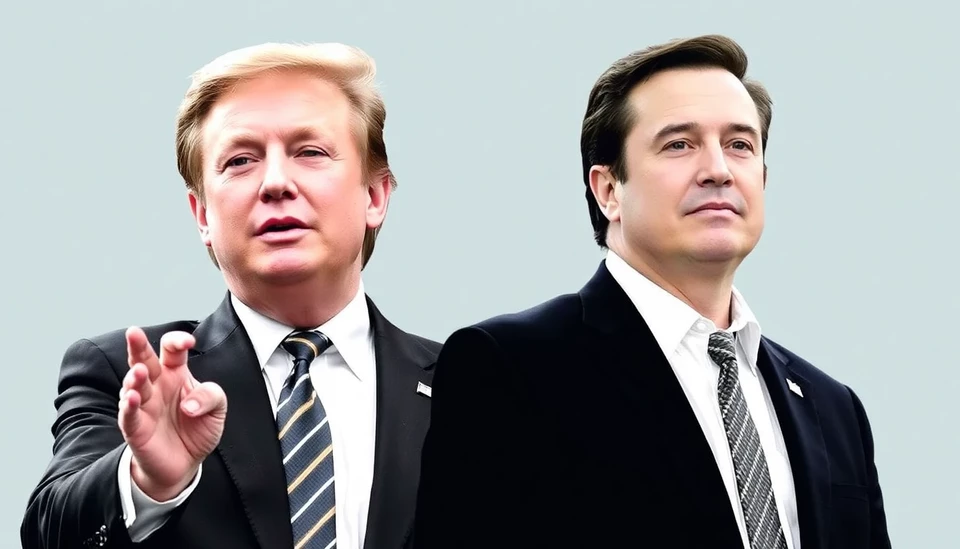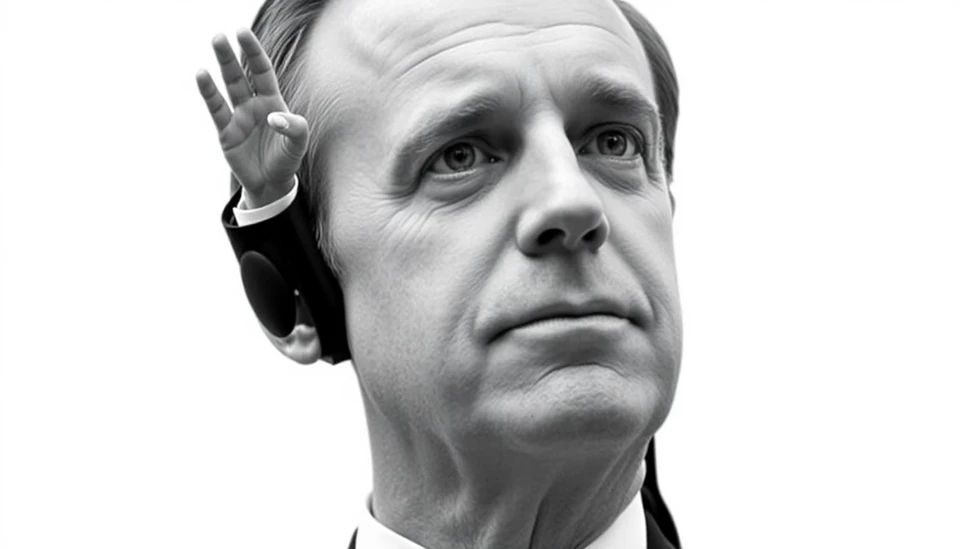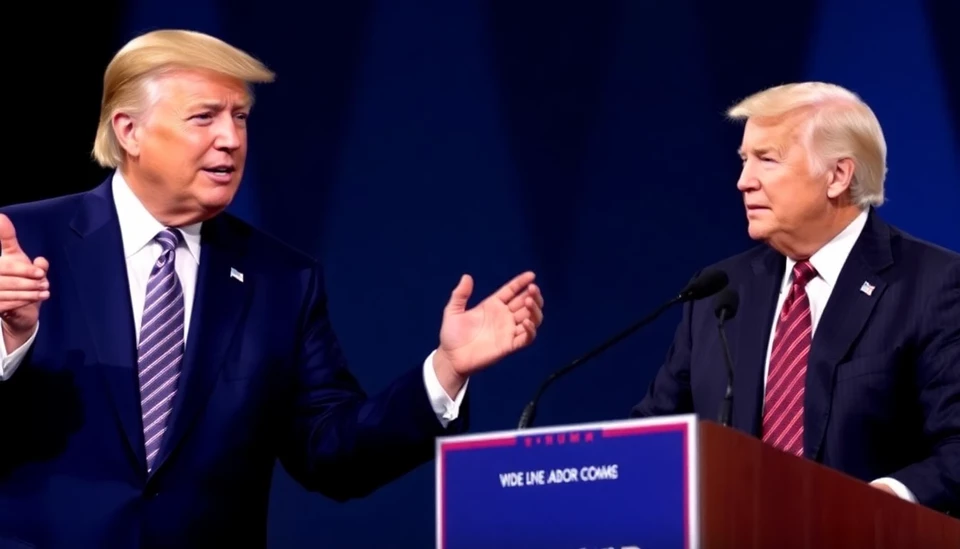
As the political landscape shifts in the lead-up to the 2024 presidential election, former President Donald Trump holds the possibility of reversing a number of labor-friendly initiatives that have emerged during the Biden administration. Labor leaders and workers alike are closely watching how Trump's policies could reshape the labor environment, affecting workers' rights, wages, and overall job security.
Biden’s tenure so far has been marked by significant strides in labor advocacy, including efforts that have empowered unions and revitalized worker protections. With the introduction of measures such as the PRO Act aimed at strengthening the ability of unions to organize, the Biden administration has sought to reinvigorate the labor movement, bolstering workers' bargaining power. However, with Trump likely poised to reclaim the presidency, many fear these advancements could be jeopardized.
If Trump succeeds in returning to office, he may look to reinstate policies similar to those implemented during his previous term, which emphasized deregulation and a pro-business stance. This could entail rolling back key labor regulations that have been put in place under Biden, raising concerns among labor advocates over the future of worker rights. The potential for diminished union influence poses profound implications for many industries where collective bargaining has made significant gains.
Critics of Trump's previous administration’s labor policies argue that while he claimed to champion workers' interests, his actions often leaned favorably toward corporate interests. For instance, during his presidency, Trump appointed judges who were perceived as hostile to labor unions and backed legislation that reduced the effectiveness of unions. This trend could resurface if he returns to power, potentially stifling advocacy for better wages and working conditions.
Moreover, Trump's stance on immigration could further complicate the labor landscape. His push for stricter immigration policies aimed at curbing illegal immigration could have widespread ramifications in industries reliant on immigrant labor, such as agriculture and construction, sectors that are vital to the economy but often face labor shortages.
The backdrop to this potential policy shift is a changing economic environment, where inflation and rising costs have exacerbated challenges for many working-class families. Unions have cited these economic pressures as motivation for collective action, seeking to negotiate for higher wages and better benefits. Should Trump steer the country back to a more traditional Republican pro-business approach, workers may find themselves navigating a more hostile environment when it comes to securing fair treatment and compensation.
While many labor organizations remain hopeful that they can maintain their gains, the shadow of Trump’s possible presidency looms large. Key issues such as wage stagnation, job security, and workers' rights will be at the forefront of the political discourse as the election approaches, fueling a deeper divide among the electorate.
As the 2024 election draws near, the stakes for America's workers are immeasurable. Trump's potential re-election could redefine labor relations and overhaul the gradual progress made in recent years, compelling workers to remain vigilant and actively engaged in their fight for rights and protections in the workforce.
#DonaldTrump #JoeBiden #LaborRights #Election2024 #Workers'Rights #Unions #PROAct #LaborMovement #Deregulation #ImmigrationPolicy
Author: Daniel Foster
